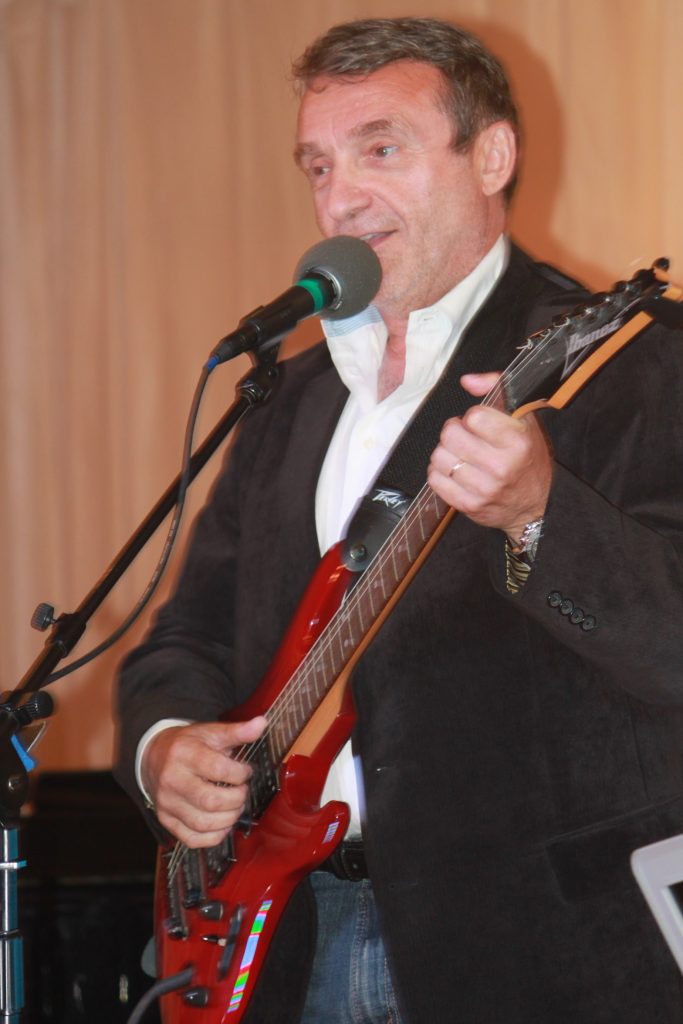About
 Slava Gaufberg was born and raised in the USSR, in the city of Poltava, Ukraine. Since childhood, he has been fascinated with medicine, the excitement of “saving lives”, and dreamed of becoming a doctor.
Slava Gaufberg was born and raised in the USSR, in the city of Poltava, Ukraine. Since childhood, he has been fascinated with medicine, the excitement of “saving lives”, and dreamed of becoming a doctor.
He entered the medical school in Kalinin (now Tver). After graduation he trained and worked in Moscow as an obstetrician-gynecologist and anesthesiologist. At the same time he was doing research at the Research Institute of Microbiology and Epidemiology of the USSR Academy of Medical Sciences. He developed new methods for the treatment of post-partum mastitis, which were then introduced in all hospitals in Moscow and around the Soviet Union. Slava was one of the first doctors in the USSR to use epidural anesthesia in childbirth.
In 1982 he was stripped of Soviet citizenship and as a stateless refugee came to the United States. Within three months, Slava passed all the required exams to confirm his doctor’s diploma and to get a medical license. For that he received the HIAS “Immigrant of the Year” award. After working various low-skilled jobs to survive in NYC, Slava did a residency in General Surgery in New York and in Obstetrics-Gynecology and Internal Medicine in Boston. He decided to combine all his previous medical experience and went into a then new specialty – Emergency Medicine.
Since 1991, Slava has practices and taught Emergency Medicine at Harvard Medical School/Cambridge Health Alliance. He is Director of a Harvard-affiliated Residency Program. Among other scientific innovations, he developed a new method of painless topical wound anesthesia without injection.
From his youth he had a passion for outdoor adventure, including mountaineering, downhill skiing, diving, sailing, whitewater rafting. In 1990 he climbed Mt. Everest.
Slava began singing and writing poetry as a child. At the age of 14 he taught himself to play the guitar. He was fortunate to meet iconic Russian Bards, such as Galich, Vysotsky, Okudzhava, Kukin, Klyachkin, Nikitin, Dolsky. Slava accompanied Vysotsky, probably the most famous singer-songwriter and cult figure in the history of Russia, in his home-made recordings. In the 90s, two albums with these recordings were released.
Slava writes songs mainly to his own poems, Russian and English, but sometimes to the works of other poets: Gumilev, Brodsky, Yeats, Frost, Pasternak, Magid, Gabriel, Kuras and others.
He usually performs in solo concerts, mostly singing his own songs, with the exception of dedicated evenings in the memory of individual bards (for example, Slava regularly give concerts in memory of Alexander Galich, his most cherished poet-songwriter and a looming figure in Soviet Dissident movement).
In 2016, ’17, ’18, ’19, at the invitation of the Bulat Okudzhava Foundation, he performed solo concerts in the Bulat House in Moscow, the house-museum of the late great poet-singer-songwriter Bulat Okudzhava. In September 2017, he performed at the Journalist’s House in Moscow, one of the most exclusive venues in the city. In 2019 he performed at the Central Palace of Cinematography in Moscow. In October 2019 Slava performed solo concert in the famous venue Konzerthous Berlin in Berlin, Germany, at a festival dedicated to great violinist Gidon Kremer, who calls Slava “Russian Jacques Brel”.
In the age of COVID, Slava gives concerts on ZOOM.
All proceeds from Slava’s concerts are donated to various humanitarian and cultural charities.
Slava’s wife Liz is also a doctor and Harvard Medical School Professor. They have 4 daughters.
Subscribe to Slava’s YouTube channel: